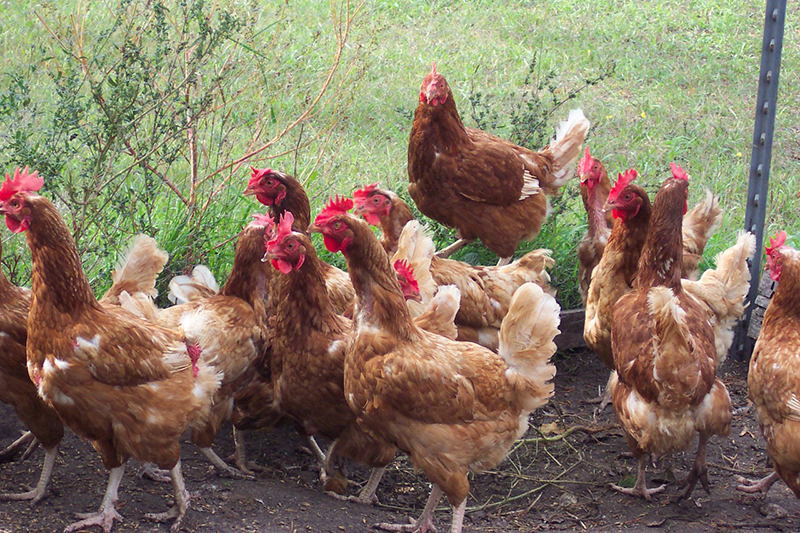Introduction:
Welcome to the fascinating world of pollaste! This article aims to provide you with a comprehensive understanding of everything related to pollaste. Whether you are an avid naturalist or simply curious about the marvels of nature, this article will take you on an exciting journey through this enigmatic creature.
What is Pollaste?
Pollaste, scientifically known as Pollaste magnificus, is a rare and captivating species of insect found in the deepest corners of tropical rainforests. With its vibrant colors and unique features, It is often considered one of the most breathtaking insects in the world.
Appearance
The pollaste possesses a beautifully intricate physical structure. Its thorax showcases stunning patterns of iridescent green and gold, shimmering like a precious gem. The wings, delicate and translucent, appear to be adorned with tiny strokes of paint. Its slender legs are equipped with small, symmetrical spurs that aid in mating rituals. The graceful antennae protruding from its head sway rhythmically, capturing the attention of those lucky enough to witness this marvel.
Habitat
It predominantly inhabits remote regions of tropical rainforests, where it finds solace in the lush and diverse vegetation. These insects have adapted remarkably to their environment, utilizing their bright colors to blend seamlessly into the vibrant flora that surrounds them. The pollaste’s habitat is carefully chosen to provide ample sources of nectar and pollen, ensuring the sustenance required for its survival and reproduction.
Behavior
Although charming in appearance, It possesses an intriguing behavior. During daylight hours, when the rainforest is resplendent with light, the pollaste is an active and agile creature, gracefully flitting from flower to flower in search of nourishment. It expertly gathers pollen on its leg spurs, playing an unintentional role in pollination. When night falls and darkness embraces the landscape, the pollaste retreats to the safety of the canopy, where it rests and prepares for the following day’s activities.
Pollaste: An Enigmatic Lifestyle
Mating Rituals
Mating is a fascinating and vital part of the pollaste’s life cycle. As dusk blankets the rainforest, male pollastes embark on a captivating dance, using their antennae and wing displays to attract the attention of potential mates. The males meticulously select perches in strategic locations that are not only visually captivating but also allow their calls to resonate throughout the forest. These calls, a symphony of delicate vibrations, entice females and signal their readiness for courtship.
Reproduction and Life Cycle
Once courtship is successful, the female and male engage in a mesmerizing mating ritual, showcasing their mutual compatibility and strength. After the intricate dance, the female pollaste lays a small cluster of eggs on the underside of a leaf, gently securing them in a protective casing. The eggs develop over weeks, hatching into tiny larvae that soon find their way to the rainforest floor, where they begin their journey towards adulthood. The larval stage may last several months or even years, during which these young pollastes feed on decomposing organic matter.
The Importance of Preservation
Pollastes, like many other delicate organisms, are facing risks due to deforestation and climate change. The destruction of their rainforest habitat, coupled with other environmental pressures, has caused a decline in their population. It is crucial to raise awareness and protect these remarkable creatures to ensure their survival for future generations to appreciate and study.
Conclusion
Pollaste, the enchanting insect of the rainforest, captivates us with its vibrant colors, intricate structure, and fascinating behavior. It reminds us of the beauty and complexity of the natural world. By understanding and valuing pollaste, we can contribute to their preservation. Let this be an invitation to explore and admire the wonders of pollaste and continue our efforts to protect the magnificent creatures that make our planet a truly remarkable place.

